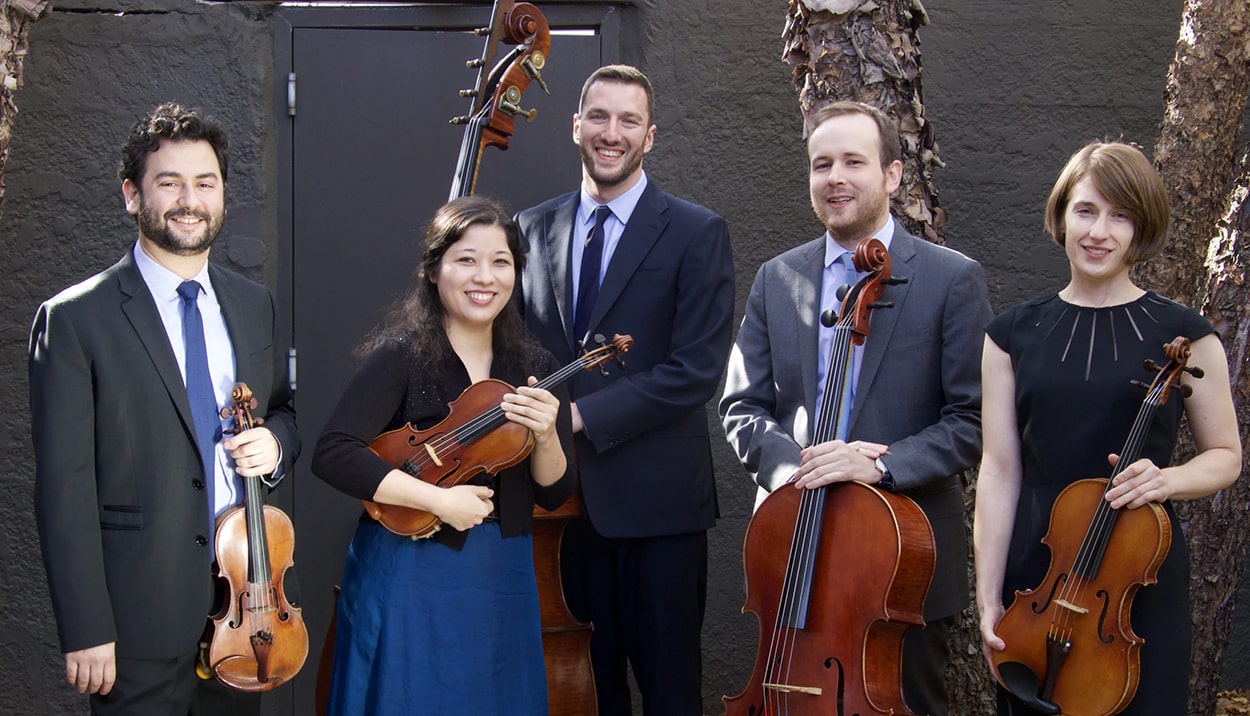Into the Spotlight: It's Neymar's Time to Complete His Rise to Royalty
Into the Spotlight: It's Neymar's Time to Complete His Rise to Royalty
AS/COA's Brian Winter spoke to Sports Illustrated on Neymar's Olympic performance and how "often—maybe too often—Brazilian soccer and politics mix.”
...Neymar has a piano at his house in Spain—it was there when he moved in, he says, and he has been teaching himself to play with YouTube videos—but at an L.A. photo shoot for this story it takes some convincing to get the man watched by tens of millions every weekend to tap out even a simple a tune on a rented grand. He sits, gets up and wanders a bit before settling back in. Songs are suggested. How about Barcelona’s club anthem, “El Cant del Barça”? A Nike marketing rep asks that the studio’s ambient music be turned up, not down, so Neymar might feel a bit less scrutinized. He’s not an action figure to be played with. He’s human; he gets nervous. He says he felt it when he met Michael Jordan in Las Vegas and when he lined up to take what would be the winning penalty kick in the Olympic gold medal game last summer in Rio. Before the confidence bubbled up at the penalty spot, he admits, he endured the “worst sensation—all of the responsibility is on you.”
The Olympics play a distant second fiddle to the World Cup, but that U-23 tournament stubbornly remained the one international competition Brazil hadn’t won. And with the 2016 Games being contested on home soil two years after World Cup humiliation (also at home), Brazil named Neymar one of its three over-age players. He delivered, scoring four goals in six matches and converting that gilded penalty against Germany. Neymar was in tears almost immediately. For him, delivering the final piece of Brazil’s trophy puzzle was an immense achievement. For the public that adores him, however, it’s still not enough.
“It was like the Yankees finishing with the best record in the regular season: O.K., that’s kind of cool, but they measure everything around here by World Cup championships,” says Brian Winter, a Texan who co-wrote Pelé’s 2014 autobiography and who now runs Americas Quarterly, a political, business and cultural journal covering Latin America. As Reuters’ chief correspondent in Brazil for five years, he knows well how the nation’s sports, economics and politics intersect; he was living in São Paulo when Germany dismantled the hosts 7–1 in the ’14 Cup semifinals. That game in Belo Horizonte, he says, marked “the start of a long descent into hell for Brazil,” which has been reeling from financial and political crises since.
Neymar’s penalty and Olympic gold offered only temporary respite. “It was cool for, like, a day,” says Winter. “It created the sensation that hosting the Games hadn’t been a total waste. But once the lights went off, it was so clear that all of the promises linked to the Olympics—improved policing, infrastructure—had fallen short.” Brazilians, he says, are “desperately hoping for a reason to be happy in 2018. And so often—maybe too often—Brazilian soccer and politics mix.”...







